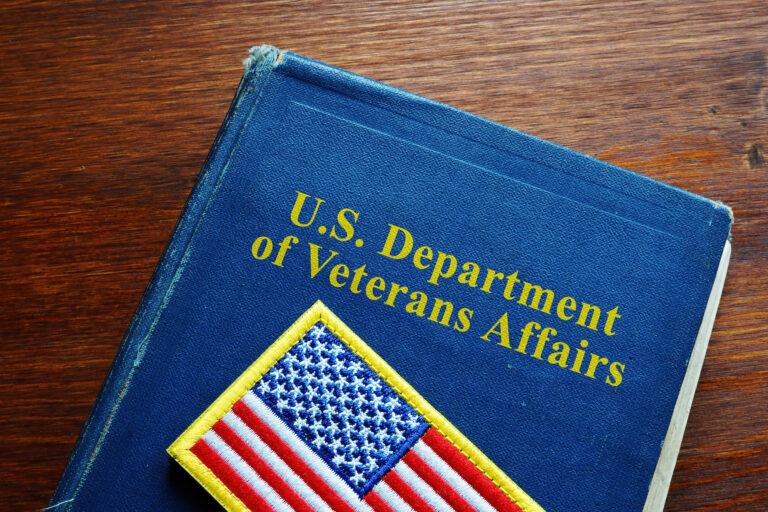Veterans face a unique set of challenges due to their service. The Department of Veterans Affairs (VA) recognizes these challenges and offers disability compensation to veterans with health conditions stemming from their military service. While there’s a misconception that a single condition dominates 100% VA disability ratings, the reality is more nuanced.
Why 100% Disability Isn’t One-Size-Fits-All
The VA assigns disability ratings based on the severity of a condition and its impact on a veteran’s daily life. Ratings range from 0% (no disability) to 100% (totally disabled). A 100% rating signifies a veteran’s inability to maintain substantially gainful employment. However, the path to a 100% rating can differ depending on the specific disability and its presentation.

Common Conditions, Not a Single Common Cause
While there isn’t a single most common 100% VA disability, some conditions frequently contribute to reaching this threshold. Here’s a look at a few:
- Post-Traumatic Stress Disorder (PTSD): This mental health condition arises from exposure to a traumatic event during military service. Severe PTSD impacting a veteran’s ability to work, socialize, or maintain relationships can qualify for a 100% rating.
- Multiple Service-Connected Disabilities: When a veteran has multiple disabilities, the VA combines their ratings using the “whole person theory.” If the combined impact of these disabilities prevents gainful employment, a 100% rating may be awarded. Examples include chronic pain alongside a mental health condition or vision impairment combined with mobility limitations.
- Severe Injuries: Loss of limbs, blindness, or paralysis often result in a 100% rating due to the significant limitations they impose on daily life and employment opportunities.
Beyond Diagnosis: The Importance of Individual Assessment
The VA doesn’t solely rely on a diagnosis to determine a disability rating. Factors like the severity of symptoms, limitations caused by the condition, and supporting medical evidence play a crucial role. For instance, a veteran with a diagnosed mental health condition may not automatically qualify for a 100% rating if their symptoms are well-managed and their work isn’t significantly impacted.
The Importance of Seeking Help
If you’re a veteran experiencing a service-connected disability, regardless of severity, it’s crucial to seek help from the VA. Here’s why:
- Early Intervention and Treatment: Early diagnosis and treatment can improve your quality of life and potentially prevent a disability from worsening.
- Disability Benefits: A documented service-connected disability can qualify you for VA benefits, including healthcare, compensation, and vocational rehabilitation.
- Future Needs: Obtaining a disability rating now protects your future access to benefits if your condition worsens.
The Road to 100% Can Be Long
Navigating the VA disability claims process can be complex. Veterans may face denials or lower-than-expected ratings. There are resources available to help navigate appeals and ensure you receive the benefits you deserve. Here are some resources:
- VA Claims Assistance: The VA offers free assistance with filing and appealing claims.
- Veteran Service Organizations (VSOs): Groups like the American Legion or Veterans of Foreign Wars (VFW) provide support and representation during the claims process.
- Accredited Attorneys: Attorneys with expertise in veterans’ benefits law can represent veterans through the appeals process.
Veterans: Get Help with Your Case
A 100% VA disability rating signifies a significant impact on your life. If you believe your service-connected disability prevents gainful employment, don’t hesitate to seek help. Having an attorney who is familiar with how the VA works and the ins and outs of the process can greatly improve your chances of approval – especially if you’ve already been denied.
Veterans Help Attorneys is a VA law firm located in Cincinnati that helps individuals throughout the country secure the benefits they deserve.






